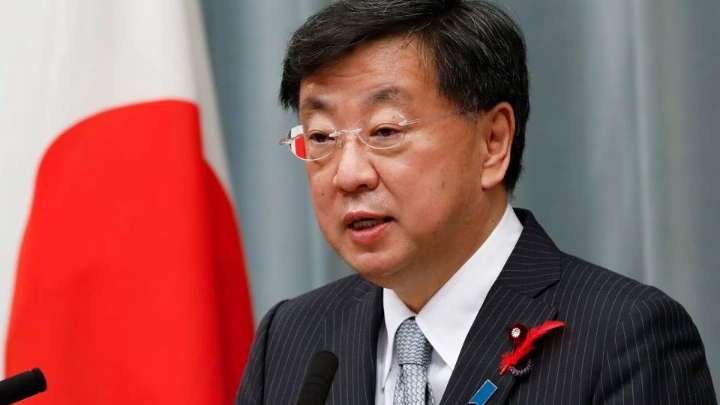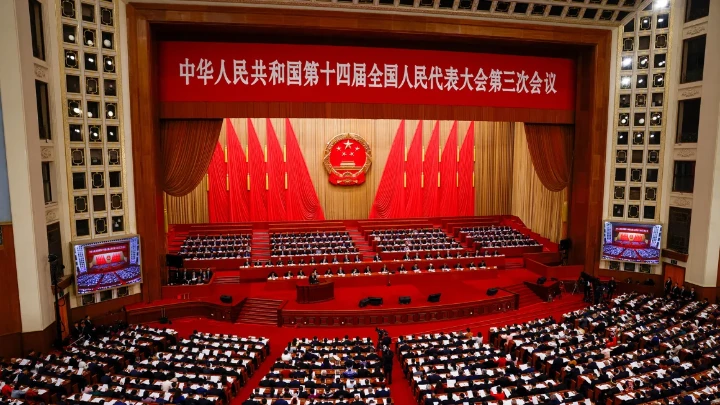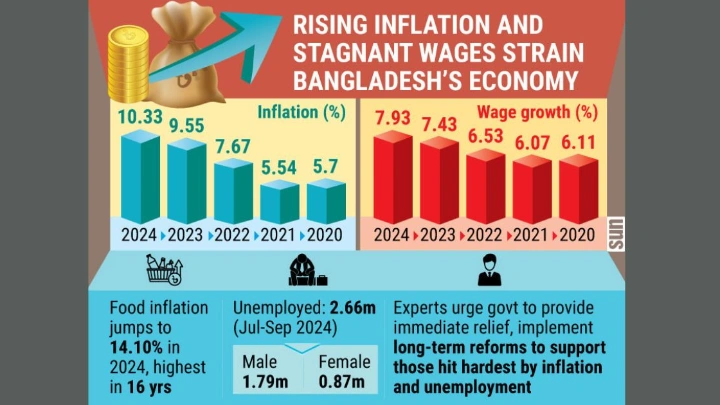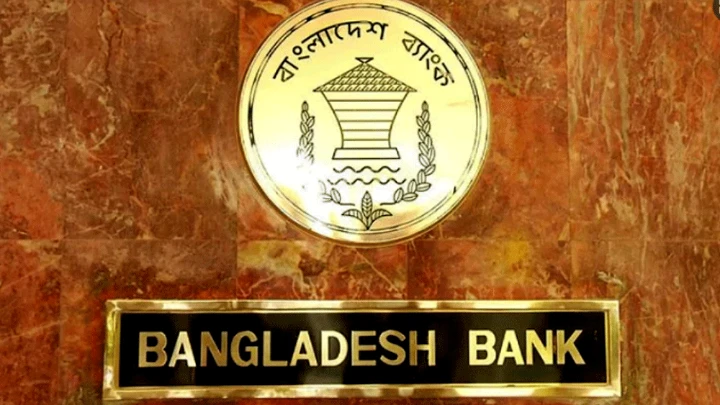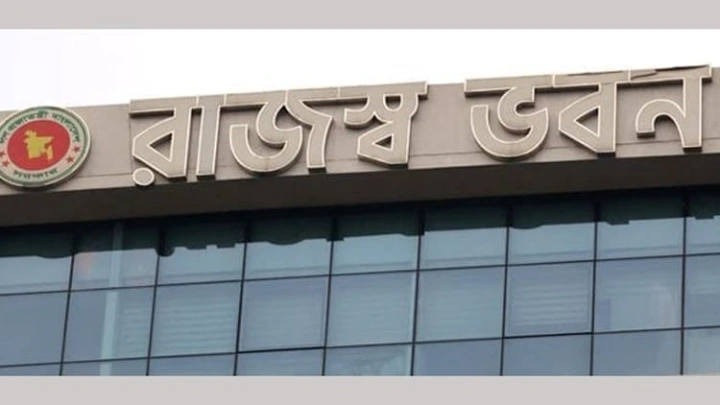Japan downplays the risk of contagion and claims that its banking system is stable.
Reuters || Shining BD
Assuring markets that the country won't be affected by problems in the U.S. and European banking sectors, Japan's top government spokesperson stated on Monday that the banking system was stable.
Hirokazu Matsuno, the head of the cabinet, also applauded the top central banks' decision on Sunday to increase an existing swap line in order to ensure that lenders have enough money to operate. This decision included the Bank of Japan (BOJ), which increased the global flow of cash.
"Each country promptly ramped up efforts as risk-averse moves were seen in financial markets," Matsuno said at a routine news conference.
He added that authorities were keeping a close eye on financial market activity "with a strong sense of alarm" and claimed that Japan's financial system was "stable as a whole".
The comments followed Finance Minister Shunichi Suzuki's Monday statement to reporters that the government would continue to "carefully assess" the effects of a weekend rescue deal for Credit Suisse Group on Japan's financial industry.
In response to concerns that a larger banking crisis is developing, Asian stocks struggled to stabilize on Monday despite a weekend rescue agreement for Credit Suisse (CSGN.S) and coordinated central bank action.
Japanese policymakers have dismissed the possibility of a Japanese contagion, claiming that domestic banks have enough capital buffers to withstand losses brought on by a variety of external factors, including potential risks from the failure of U.S. lenders.
The task of guiding a smooth exit from extremely low interest rates, which have come under increasing criticism for pressuring financial institutions to take on risk in the pursuit of yield, is made more difficult by the global market collapse for Kazuo Ueda, the new governor of the BOJ.
The BOJ's first market operation to offer dollars since the central bank announcement on Sunday drew no bids on Monday, signaling that markets were returning to calm.
On Monday, demand for safe-haven assets drove the yield on the 10-year Japanese government bond (JGB) down 1.5 basis points to 0.255%, well below the BOJ's 0.5% cap that had been under attack before the banking sector crisis erupted.
At this time, rather than a direct bank contagion, financial authorities in Tokyo believe that a decline in the U.S. economy that would harm exports poses the greatest risk to Japan.
One of the officials, who was supported by another official, stated that "the market turbulence could dampen business sentiment and cloud Japan's economic outlook". Because the subject was so delicate, both spoke on the condition of anonymity.
Some government representatives were maintaining their vigilance.
In an apparent unrelated manner, the failure of two U.S. banks "spilled over" to a Swiss bank, according to one official. We will need to gather information and keep an eye on the situation because there are many unknowns about how things are spreading.
Despite deciding to keep interest rates at historic lows in March, the BOJ board discussed the negative effects of easy policy, according to a summary of meeting opinions released on Monday.
Shining BD

